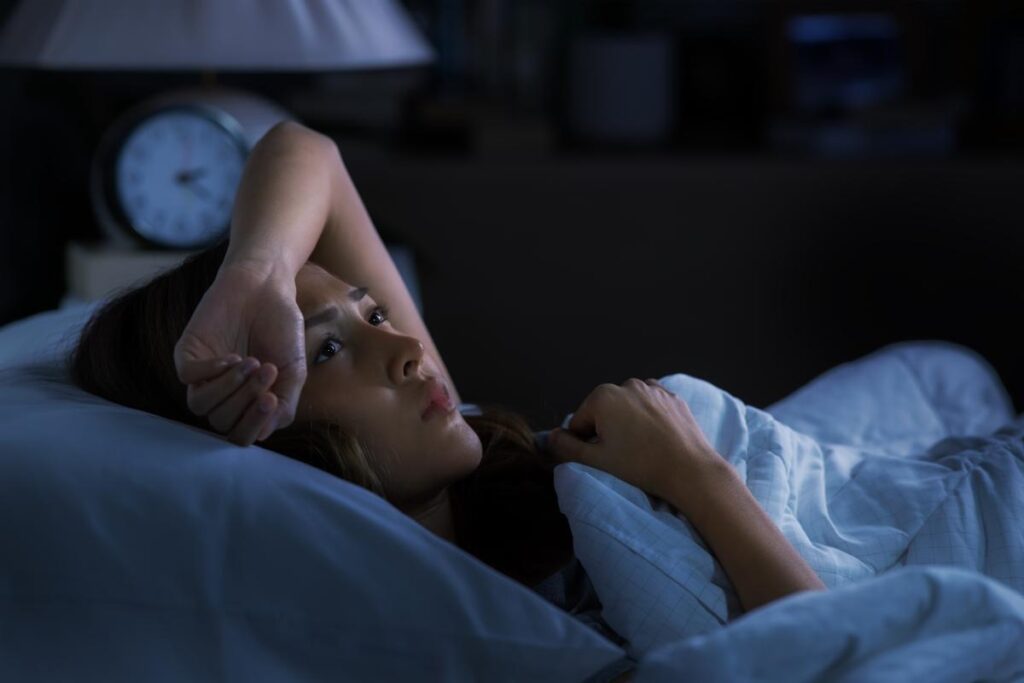Athens Recovery is a family-owned outpatient treatment center providing high-quality opiate addiction treatment in Athens, Georgia. We understand the challenges of overcoming opiate addiction, including withdrawal symptoms like insomnia, and provide the care and support to help clients overcome these challenges.
If you need support managing opioid withdrawal insomnia and other symptoms, we can help. Call 844.959.4998 or contact us online to get the help you need today.
What Is Opiate Withdrawal Insomnia?
Opiate withdrawal can be physically and psychologically challenging. Because of the complexities and potential dangers of withdrawal symptoms, the best course is to seek help from a medically supervised detox program.
Insomnia is one of the most common opiate withdrawal symptoms. As physically tired and mentally exhausted as you might feel, you likely will struggle to fall and stay asleep. Opiate use disorder interferes with natural sleep patterns, and other withdrawal symptoms, like nausea, vomiting, muscle pains, and restless legs, also interfere with sleep.
Fortunately, research indicates that as you progress through recovery, insomnia and other sleep disturbances fade.
Why Are Withdrawal Symptoms Worse at Night?
Sleep deprivation often makes withdrawal symptoms more challenging and uncomfortable. Understanding why opiate withdrawal symptoms tend to be worse at night can provide some relief and reinforce the knowledge that opiate withdrawal symptoms won’t last forever.
The first thing to acknowledge is that your sleep is probably already disrupted as you begin a detox because of your drinking or drug use. Most people with substance use disorders have poor sleep habits, including staying up too late, sleeping late into the day, or generally having erratic patterns.
Other reasons the opiate withdrawal symptoms are worse at night can include:
- Circadian rhythms – Hormone levels, body temperature, and other bodily functions follow a daily cycle. Withdrawal symptoms, including insomnia, may be exacerbated at night as the body struggles to find a balance in its natural circadian rhythms.
- Increased sensitivity – Sensitivity to pain and discomfort is often heightened at night, which can make withdrawal symptoms seem more intense, making it more challenging to feel relief and fall asleep.
- Psychological factors – The quiet and solitude of night lend themselves to introspection and anxiety and can amplify feelings of loneliness. The fear of the upcoming night and anticipation of worsening symptoms contribute to increased stress and discomfort.
- Environmental triggers – The absence of daytime distractions can make environmental factors like darkness and stillness more pronounced and cause people to focus more on their symptoms.
- Fluctuating cognitive state – Individuals may experience rapid fluctuations in their consciousness as they drift in and out of sleep, contributing to increased confusion and agitation at night.
It is important to remember that withdrawal insomnia is temporary. Insomnia will diminish with a dedication to implementing new habits and lifestyle changes.
Tips for How to Sleep During Opiate Withdrawal
Managing opiate withdrawal symptoms, including insomnia, should be done under the supervision of addiction treatment specialists who can provide guidance and may prescribe medication or specific interventions to manage symptoms and avoid relapse.
Everyday tips for how to sleep during opiate withdrawal include:
- Limit screen time at least one hour before bed.
- Practice relaxation techniques like meditation or breathing exercises.
- Create a sleep schedule by going to bed and getting up at the same time every day.
- Make your bedroom conducive to sleep by keeping it dark, quiet, and cool.
- Consider using blackout curtains, earplugs, or a sound machine.
- Avoid stimulants such as nicotine and caffeine.
- Stay hydrated and avoid eating heavy foods in the hours before bed.
- Consider natural remedies like herbal teas or melatonin.
- Take a warm bath or shower.
Establishing a calming routine before bedtime helps signal your body that it’s time to wind down. Remember that other lifestyle changes, including exercise and a healthy diet, also contribute to healthy sleep. Finally, if you have tossed and turned for 20 minutes, get up and engage in an activity that soothes you, then try again.
Can’t Sleep? Contact Athens Recovery Today for Opiate Addiction Treatment
At Athens Recovery, we believe that anyone can overcome opiate use disorder with the right addiction treatment program. Call 844.959.4998 today or complete our online form to speak with an intake specialist and learn more about opiate addiction treatment in Athens, GA.

